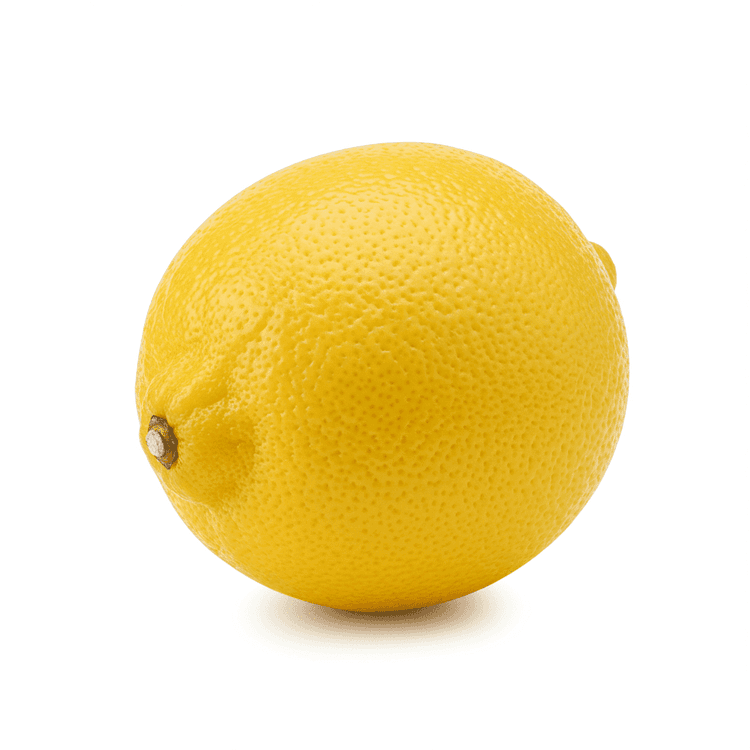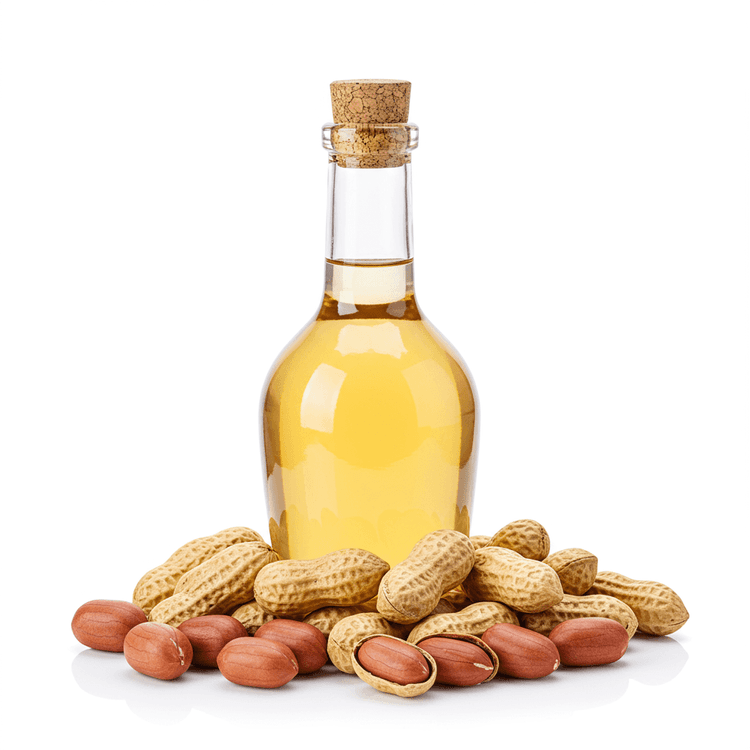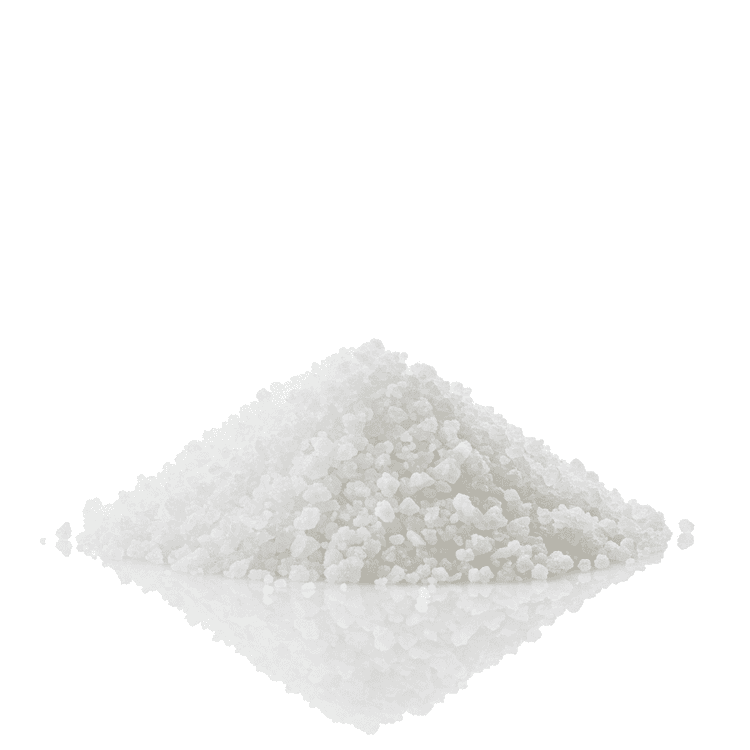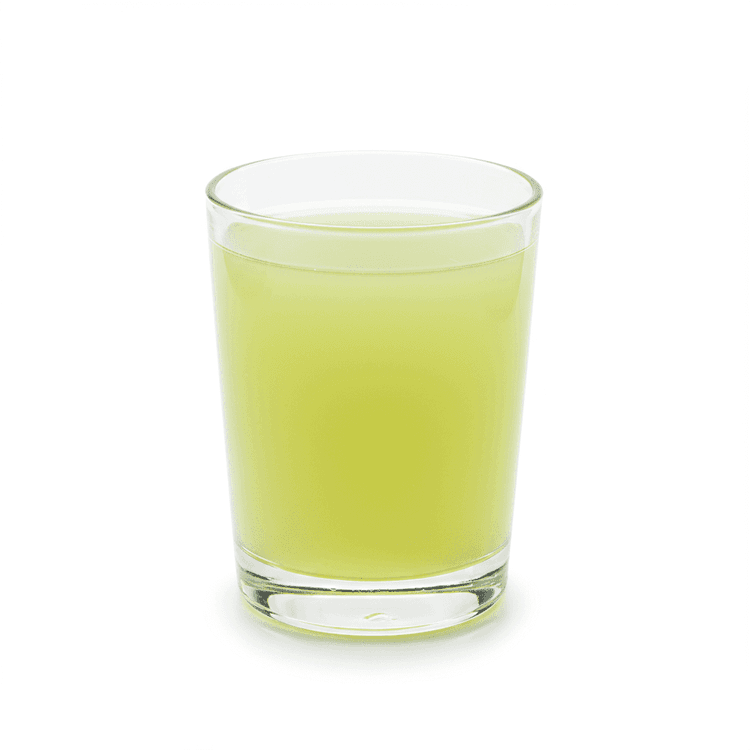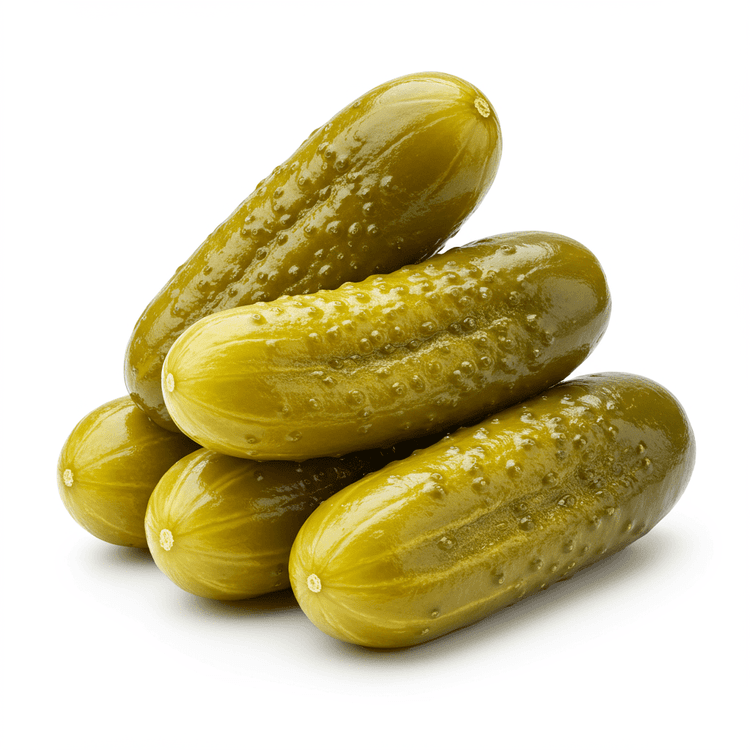
Pickle Brine
Pickle brine is the flavorful liquid leftover after pickling vegetables, fruits, or even meats. Often a tangy, salty, and acidic solution, pickle brine typically consists of vinegar, water, salt, sugar, and a blend of spices like dill, garlic, peppercorns, and mustard seeds. The exact flavor profile depends heavily on the specific recipe used for the pickling process. Appearance varies from clear to cloudy, with the potential presence of sediment from the spices. Reusing pickle brine offers an economical and flavorful way to add depth to various dishes.
Common Uses
- Use pickle brine as a marinade for chicken or pork, tenderizing the meat and infusing it with a tangy, savory flavor before grilling, baking, or frying.
- Add pickle brine to potato salad, egg salad, or coleslaw dressings for a zesty kick, creating a more complex and interesting flavor profile that balances sweetness.
- Utilize pickle brine to create a flavorful brine for fried chicken, contributing to a crispy, juicy texture and a distinctive tangy taste that sets it apart.
- Incorporate pickle brine into cocktails like picklebacks (a shot of whiskey followed by a shot of pickle brine) or Bloody Mary variations for a unique savory and salty element.
- Employ pickle brine as a poaching liquid for fish or shrimp, adding a subtle tang and helping to keep the seafood moist and flavorful during the cooking process.
- Deglaze a pan with pickle brine after sautéing vegetables or meats, creating a flavorful sauce that can be drizzled over the dish, enhancing the overall taste experience.
Nutrition (per serving)
Nutrition (per serving)
Calories
0.0kcal
Protein
0.0g
Carbs
0.0g
Sugars
0.0g
Healthy Fat
0.0g
Unhealthy Fat
0.0g
% Daily Value based on a 2000 calorie diet
Nutrition (per serving)
Calories
0.0kcal
Protein
0.0g
Carbs
0.0g
Sugars
0.0g
Healthy Fat
0.0g
Unhealthy Fat
0.0g
% Daily Value based on a 2000 calorie diet
Health Benefits
- Supports gut health due to potential probiotic content from fermentation.
- May help relieve muscle cramps thanks to electrolyte content like sodium and potassium.
- Could aid in blood sugar control; some studies suggest a link to improved insulin sensitivity.
- Provides hydration by helping to replenish electrolytes after exercise or illness.
- Offers antioxidants derived from the vegetables and spices used in the pickling process.
Substitutes
Chefadora AI is here.
Experience smarter, stress-free cooking.
Storage Tips
Pickle brine should always be stored in an airtight container in the refrigerator. This helps to maintain its quality and prevent the growth of unwanted bacteria. Properly stored pickle brine can last for several months. Be sure to check for any signs of spoilage, such as a change in color, odor, or texture, before using it.
Marnirni-apinthi Building, Lot Fourteen,
North Terrace, Adelaide, South Australia, 5000
Australia
